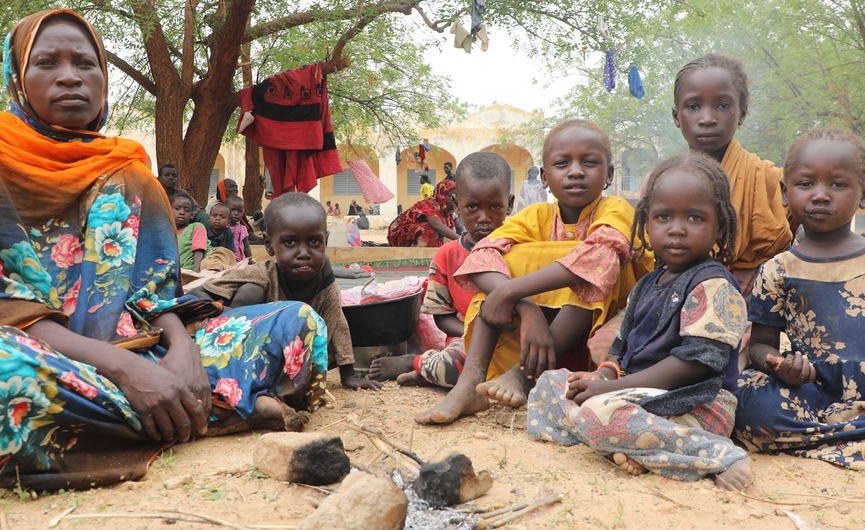Ethiopia’s human rights situation has reached crisis point, the sole non-governmental human rights advocacy group in the country, the Human Rights Council (HRCo) said on Friday.
HRCo executive director Betsate Terefe said the organisation’s work had been hampered by the Charities and Civil Societies Proclamation of 2008.
The proclamation stipulates that charities and societies working on human rights can not obtain more than 10 percent of their budgets from foreign sources.
Meanwhile, it was trying to cope with a deluge of requests for inquiries into human rights abuses alleged to have been perpetrated around the country.
Before the enactment of the Charities and Civil Societies Proclamation, HRCo had 11 offices, and 72 staff, but since then it has laid off all but 22 staff, cut the salaries of remaining staff, and lost the 8 million birr (about US$400,000) in bank deposits which it had collected from various sources.
Ethiopia has been convulsed by a crisis since last November when the Oromo people, who make up a third of Ethiopia’s nearly 100 million population, started demonstrating over what they said were attempts by the central government to appropriate Oromo rural areas for the development of the capital city Addis Ababa.
Despite the government cancelling the plan to expand Addis Ababa in January, protests continued demanding freedom for those detained in the protest and justice for perpetrators.
In July, the Amharas, Ethiopia’s second largest ethnic group at 28 percent, joined the protests initially over demands that land reallocated to the neighbouring Tigray region 25 years ago be returned to their region Amhara.
However, both protests have morphed into a wider demand for political and economic liberalisation of Ethiopia.
The Omoros and Amharas said that the Tigrayan people who constitute only six percent of the population, have monopolised power in Ethiopia.
Human Rights groups have alleged that more than 500 people from both communities have been killed as security forces violently put down the protests.
According to Kumlachew Dagne, Deputy Chair of HRCo, the organisation released a report last March based on its field research in 33 woredas (districts) of the Oromiya region, which found that 103 people had been killed by security forces.
Yet, Dagne said that so far he had not seen the government offering compensation for victims of security force human rights violations, exacerbating the culture of impunity in the country.
To compensate for the funding cap from foreign sources, Dagne said the organisation planed to do a series of fundraising events, including a solidarity walk and discussion forums to better publicise its activities to Ethiopians.
He said the government should start to look at HRCo as a partner not an opposition party.
HRCo was ready to work with the government- mandated Human Rights Commission of Ethiopia to help tackle the human rights crisis in the country.






